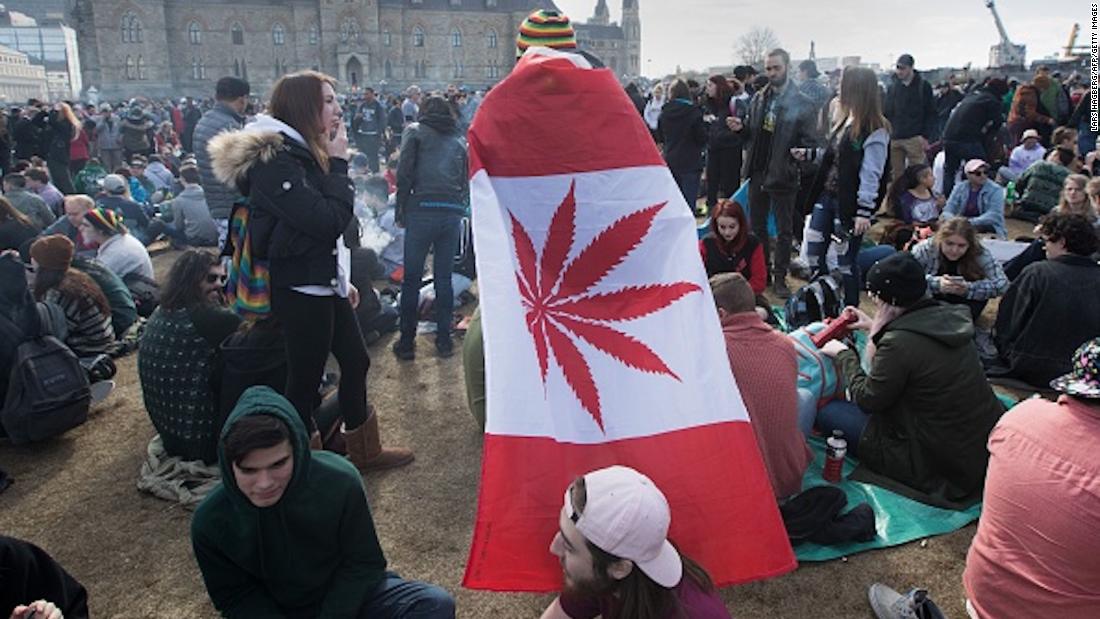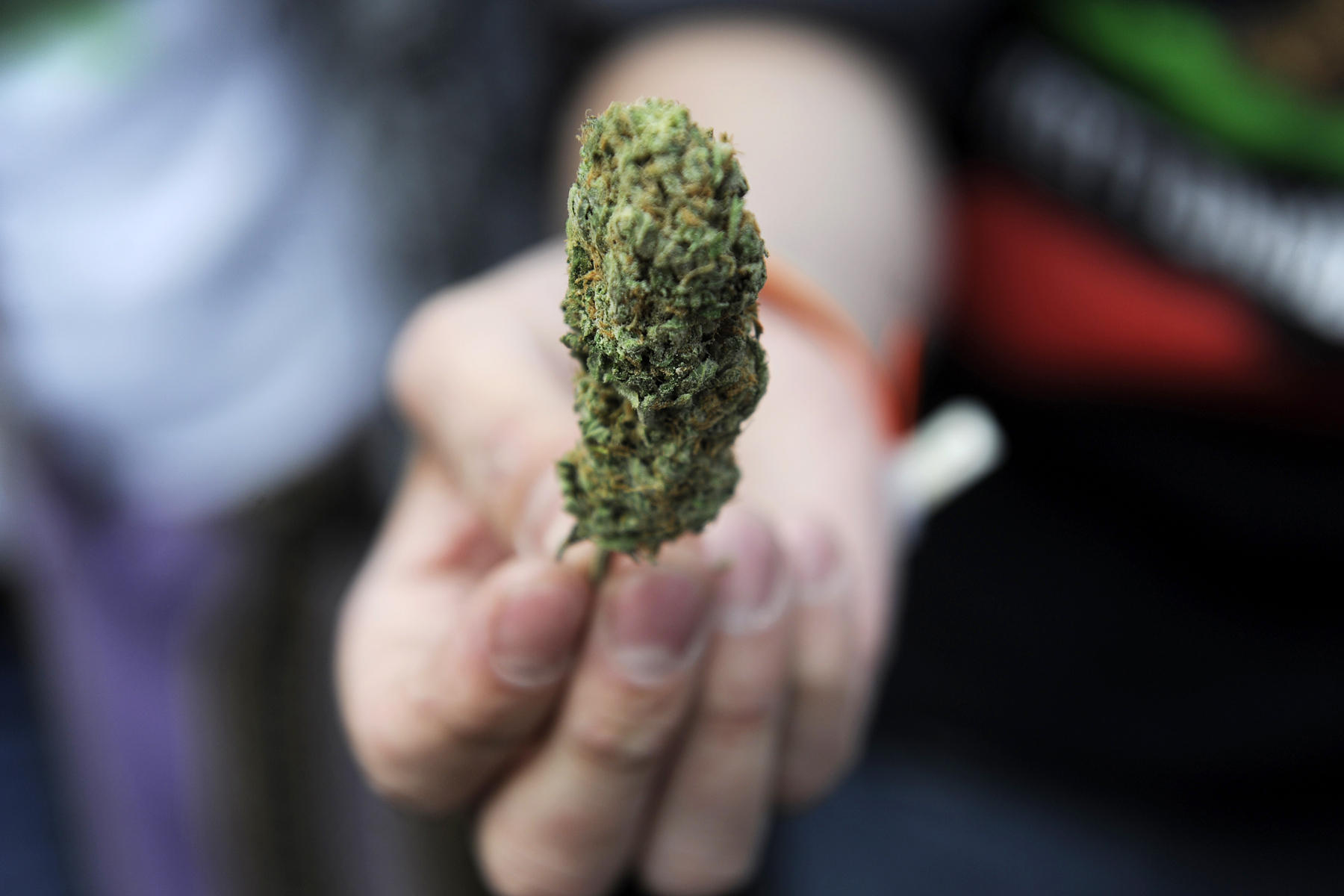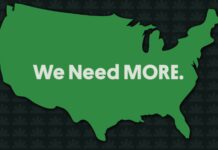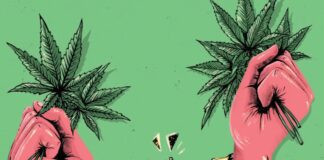
But — counterintuitively — it is better understood as a hardheaded, evidence-led attempt to protect children from the undoubted dangers of drug use.
Let’s get the harms out of the way first.
The evidence is relatively good that THC, the main active chemical in cannabis, raises regular users’ risk of psychotic illnesses, such as schizophrenia.
It’s not definite and the causality may be confused (perhaps people at risk of schizophrenia are more likely to enjoy cannabis, and so smoke to self-medicate), but most researchers believe that it’s probably the case.
In Britain, most of the cannabis sold on the streets is skunk, which is high in THC and low in CBD, another chemical found in weed and hash that may have a protective effect. Plus, of course, smoking anything is very bad for you.
But making weed illegal has not made it hard to get hold of. Twenty-odd years ago in Britain, when I was 15, I could buy weed and alcohol with comparable ease — the barmaid at my local pub knew my usual drink; the dealer down the road would deliver weed within half an hour.
That is not true of alcohol any more: stricter ID laws have made it far harder for underage drinkers to get alcohol. But it’s still extremely easy for teenagers to buy weed.
That’s what Canada wants to change. It is making it legal to buy, grow and own weed — the exact quantities and conditions differ from state to state. But it is imposing draconian penalties on people who sell to minors: it is a federal crime punishable by up to 14 years in prison.
There are also harsh punishments for people who drive under the influence and, depending on your job, for working while high. Justin Trudeau, the Prime Minister of Canada, has explicitly named protecting children from cannabis as a key goal of the new policy.
Canada also plans to tax cannabis, in a way that keeps it competitive — Finance Minister Bill Morneau says he wants to tax it at a level “consistent with the goal of keeping cannabis out of the hands of kids and out of the black market. That means keeping the taxes low so we can actually get rid of the criminals in the system.”
More interestingly, though, they want to tax the low-THC products less than high-THC ones, in order to incentivize the production and sale of less harmful products, just as most countries tax spirits more than they do beer.
At the moment this seems fairly crude, but hopefully in the future more nuanced taxes can be brought in, perhaps encouraging high-CBD strains. The country reportedly hopes to reap C$400 million in taxes from the legal sale of marijuana.
Cannabis must also be sold in standardized packages, with only a small brand logo and with clearly displayed THC and CBD content.
Legalizing weed is a more dramatic move than simply decriminalizing its use. But it makes more sense: by making the entire system of production and sale legal, it becomes possible to take the industry out of the hands of criminal cartels. Canada is only the second country, after Uruguay, to take this step.
The evidence is that, contrary to many warnings, ending the war on drugs does not lead to a spike in use. In Portugal, which decriminalized all drugs in 2001, fewer young people use drugs than in Britain, where they are still illegal.
The overall use in Portugal has remained roughly stable. More importantly, the harms from drug use — the health impacts and associated crime — have gone down; there are far fewer “problem” drug users than there were.
Uruguay’s change is more recent but appears positive. And there has not been a major change in use in the US states that have decriminalized. Overall, the World Health Organization has found that states with strict drug laws do not, on average, have lower drug use than states with more progressive ones.
Canada’s legalization is unlikely to be perfect. In the 10 months since California legalized weed, tax revenues have not met expectations and much of the industry has remained in black-market hands.
But it is early days, and Canada appears to have learned much from other places’ experience. Most importantly, the evidence suggests that it will do good — and that Trudeau is right: it will make it easier to keep the drug out of the hands of children.
Views: 530











